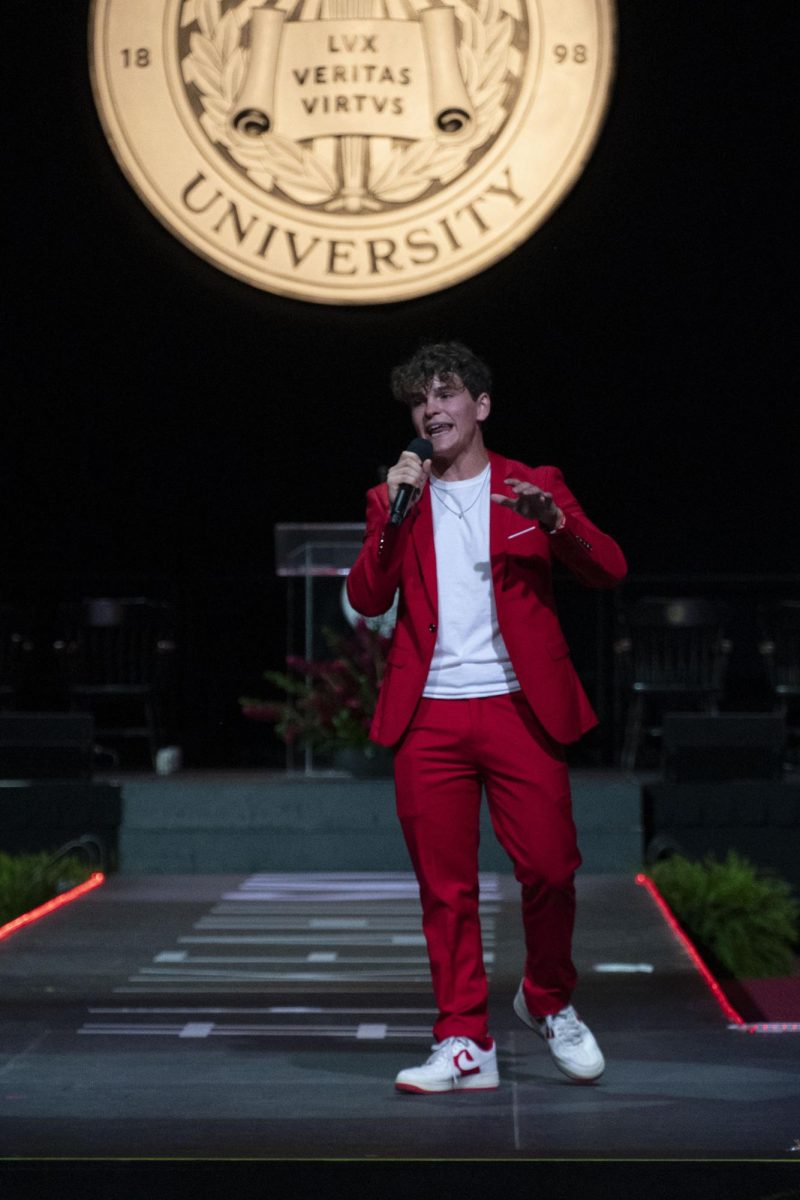
By Zack Sampson, News Staff
Huntington News: What is the Husky Energy Action Team’s role on campus?
Andrew Farnitano: HEAT’s role on campus is sort of an all-encompassing environmental group. We run events, we work a lot with the administration. We’re really focused on the “action” part of our name. We work with food services, work with the facilities team, work with the academic side of the administration on helping, encouraging and pushing the school to be more environmentally conscious.
HN: How did HEAT form?
AF: HEAT formed as part of the Campus Climate Challenge in 2006 as the Husky Energy Action Team, and were encouraging newly-appointed President Aoun to sign the President’s Climate Commitment, which led to a climate plan that’s going to lead to a 20 percent reduction in CO2 emissions by 2015 and 80 percent by 2050.
HN: Do most colleges have organizations similar to HEAT?
AF: A lot of colleges have some sort of group. We’re somewhat unique in the fact that we formed specifically to accomplish this one goal and then went from there, as opposed to being just an environmental group.
HN: How many people are involved in HEAT?
AF: Our official email list is about 500 people. We have about, I would say, 40-60 active members.
HN: What are some of HEAT’s past successes?
AF: Definitely, earlier on, getting the president’s climate commitment, the climate plan. We also, in 2008, were able to add the Renewable Energy Fund, which is an optional student fee that students can pay, and the money goes to a fund for funding renewable energy on campus. I think the Trash-to-Treasure sale is probably one of our biggest successes, raising $3,000 the first year, at least $5,000, probably close to $8-9,000 this year. Helping get the farmer’s market I think is our most recent success.
HN: What are your plans for this year?
AF: This fall, we’re going to be pushing to get the school to increase recycling with our program. The executive board of the club really responds to what our members want, so at the beginning of each semester, we usually have a meeting that we spend just brainstorming. People talk about what they like at Northeastern in relation to energy, water and food issues, and what they don’t like, and we pick a few things that we want to really focus on.
HN: From HEAT’s perspective, what do you think is the biggest issue facing the university in the future?
AF: I think the biggest issue is not any one specific thing, but getting people on all levels of the school to be thinking about how they can be environmentally friendly and how they can save energy at every level. So there’s not just one person saying we need to do this, each person should be thinking about how they can fulfill their goal in an environmental way.
HN: What is an ideal future for Northeastern in your opinion?
AF: I think an ideal future is where Northeastern is sustainable on every front, from the way we use energy, to the food we serve on campus, to the housing we provide for students.
HN: What can students do to help the university reach these goals?
AF: Just think about your actions and if you want to see something changed on campus, speak up and make a change.
Students can join HEAT by checking out their table today at the activities fair or by attending the first General Membership Meeting Sept. 15. For more information, go to https://sites.google.com/site/nuheat/.








